UK pig sector: Search for alternative proteins
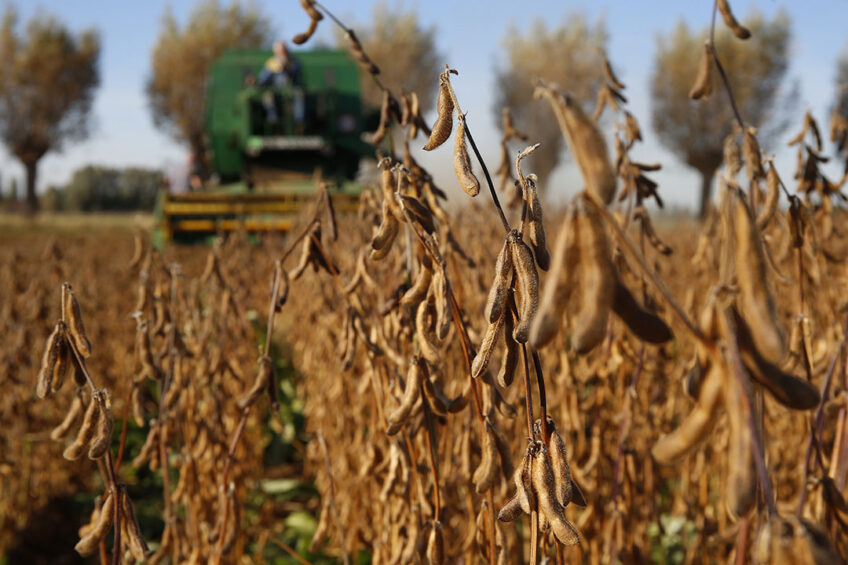
Findings in alternative home-grown protein sources could help the UK pig sector move away from unsustainable soya imports.
At a time when global supplies of soy are looking increasingly fragile, farmer led research has found that sprouting wheat and vetch seeds, grain tailings and processed beans have all been found to offer good alternative nutrients for monogastrics, and could be growth within UK farming systems.
Soy is imported into the UK
At present, most of the soy imported into the UK is used to manufacture food and feed livestock but of these imports 2/3 were found in 2019 to be from sources with a potential risk of deforestation, according to the UK Roundtable on Sustainable Soy. Current supply chain problems from China and India have this year led soy prices to jump by 80% in the year to June.
The conclusions of the 3-year field lab collaboration between farmers and researchers now offers a path towards a system based on regional feed production and sourcing. The farmers have been working with the Organic Research Centre in a field lab in conjunction with Innovative Farmers.
Forage based diet for pigs
Enabling organic farmers to source 100% organic, UK-grown feed, could also offer marketing opportunities, said Sam Wade, an organic pig producer from Gloucestershire, who has been running his own feed trials.
Wade said, “As an organic producer, we already receive a premium for our pigs, but if we can produce them free of imported soy and using UK-grown rations, then we can add further value. We have had more interest recently from buyers asking about our pigs’ diets, and we want to find a low input system, for our own peace of mind too, that fits better with the organic ethos.”
Also worth watching: a webinar on global vs local sourcing of feed raw materials
Wade has been growing clover leys to improve soil fertility and has been feeding his pigs round bale silage for some years. He is also using Saddlebacks to create a hardier breed better adapted to using a forage based diet produced on farm.
“This is not only economically efficient in reducing concentrate feed, but also provides the pigs with gut-fill resulting in more contentment among the animals. A forage based diet will inevitably mean pigs take longer to reach slaughter weight, but this is compensated for by the lower cost of producing an on-farm ration,” he added.
Soy unlikely to be available in volumes needed
Jerry Alford, Innovative Farmers field lab coordinator and arable and soils advisor to the Soil Association, said that while soy was hard to beat nutritionally and could be grown in the UK, it was unlikely to be available in the volumes needed.
“So, it is about looking at what resources we have available, what we can grow and how we can adapt these to produce our own alternative feeds, rather than importing them. We desperately need a more sustainable, stable and secure feed source, and the way to do that is to grow more in the UK. For organic farmers in particular, the trial results offer a way to achieve 100% organic feed without the carbon footprint associated with imported products,” added Alford.
The Innovative Farmers field lab was part of a pan-European research project, OK-Net EcoFeed, with sustainable feed company, EcoFeed. Farmers and researchers across 11 European countries spent three years investigating alternative home-grown sources for monogastrics.
 Beheer
Beheer

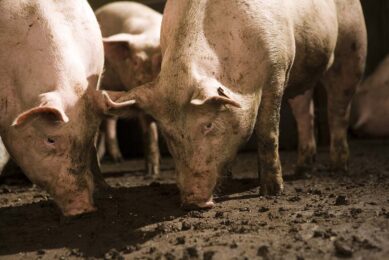
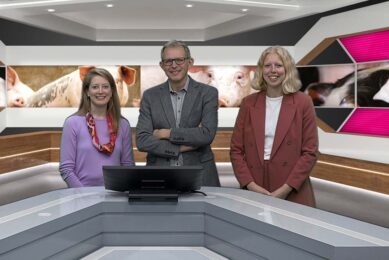
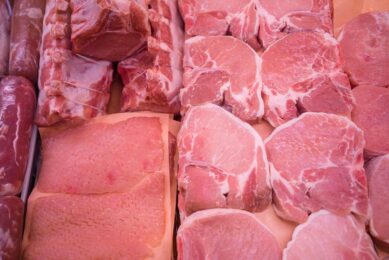
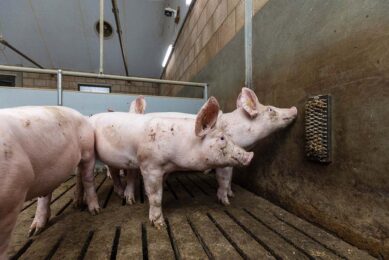



 WP Admin
WP Admin  Bewerk bericht
Bewerk bericht